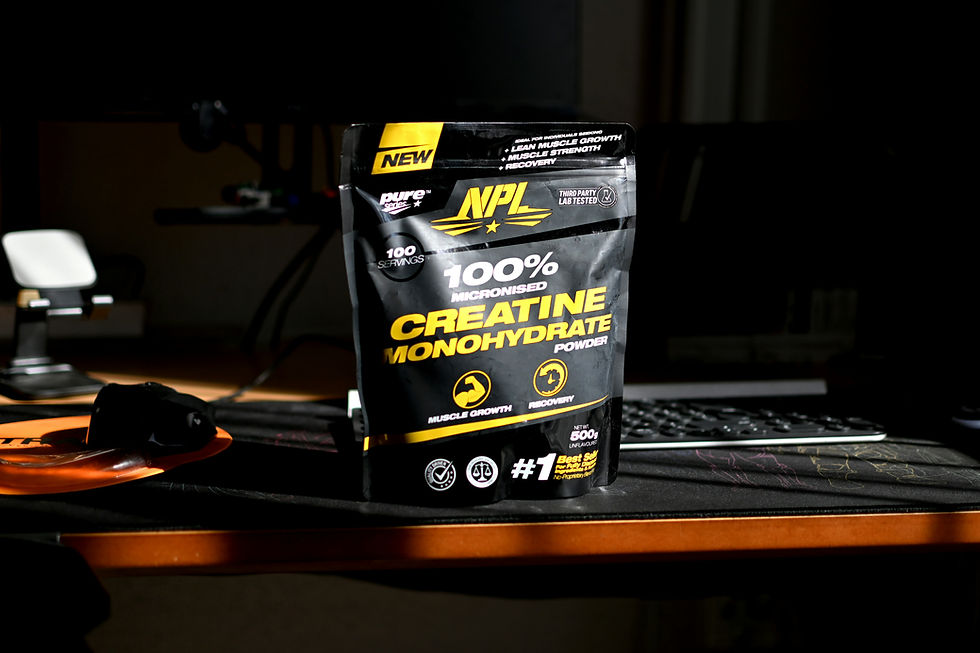The Power of Personal Connection: How Strong Patient-Doctor Relationships Transform Healthcare
- Rain M

- Mar 5, 2024
- 2 min read
Building Bridges Beyond the Clinic Walls for Better Health

In today's fast-paced world, where technology often serves as the intermediary in our interactions, the importance of genuine human connection cannot be overstated, especially in the realm of healthcare. Beyond the white coats and stethoscopes, lies a profound relationship between patients and doctors that can significantly impact health outcomes and even change lives.
Establishing Trust: The Foundation of Effective Care
Trust forms the cornerstone of any meaningful relationship, and the patient-doctor dynamic is no exception. Research shows that patients who trust their doctors are more likely to adhere to treatment plans, share crucial information, and actively participate in their healthcare journey. According to a study published in the Journal of General Internal Medicine, patients who perceive their doctors as trustworthy are twice as likely to follow medical advice compared to those who don't feel the same level of trust. This underscores the vital role trust plays in fostering cooperation and achieving positive health outcomes.
A FRAGRANCE SUBSCRIPTION BOX THAT IS TRULY YOU. Start at $6.99! Includes 1 Fragrance of the Month, Premium Samples & Free Gift. $13.99/month after first. Learn more
Enhancing Communication: Bridging Gaps for Better Understanding
Effective communication lies at the heart of every successful relationship, and the patient-doctor connection is no different. Clear, open dialogue allows for better understanding, shared decision-making, and ultimately, improved patient outcomes. Studies have shown that patients who feel listened to and understood by their healthcare providers are more likely to report higher satisfaction levels and better treatment adherence.
As noted in a report by the Agency for Healthcare Research and Quality, enhancing communication between patients and providers can lead to a 19% reduction in medical errors and a 15% increase in patient satisfaction rates.
Empathy in Action: Healing Beyond Medicine
Empathy—the ability to understand and share the feelings of another—is a powerful tool in the hands of healthcare professionals. When patients feel seen, heard, and valued, it can profoundly impact their healing journey. Research published in the Journal of General Internal Medicine highlights the positive correlation between empathetic communication and patient outcomes, with empathetic doctors experiencing higher patient satisfaction rates and improved treatment adherence.
By acknowledging the emotional and psychological aspects of illness, doctors can provide holistic care that addresses not only the physical symptoms but also the underlying emotional needs of their patients.
In conclusion, fostering strong patient-doctor connections is not merely a nicety but a necessity in modern healthcare. By prioritizing trust, enhancing communication, and practicing empathy, healthcare providers can create an environment where patients feel supported, empowered, and truly cared for. These meaningful connections have the potential to transform lives, one interaction at a time.




Comments